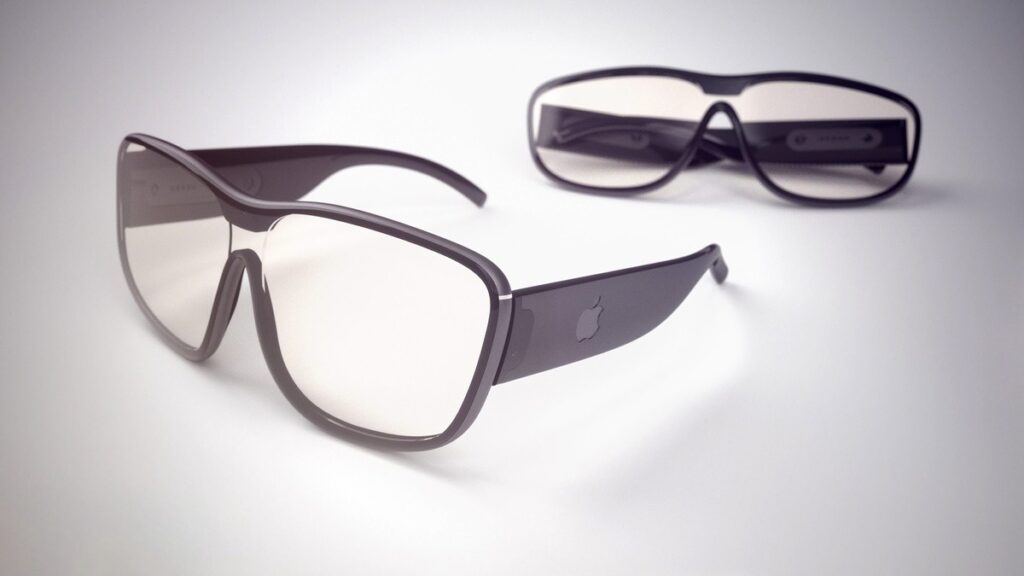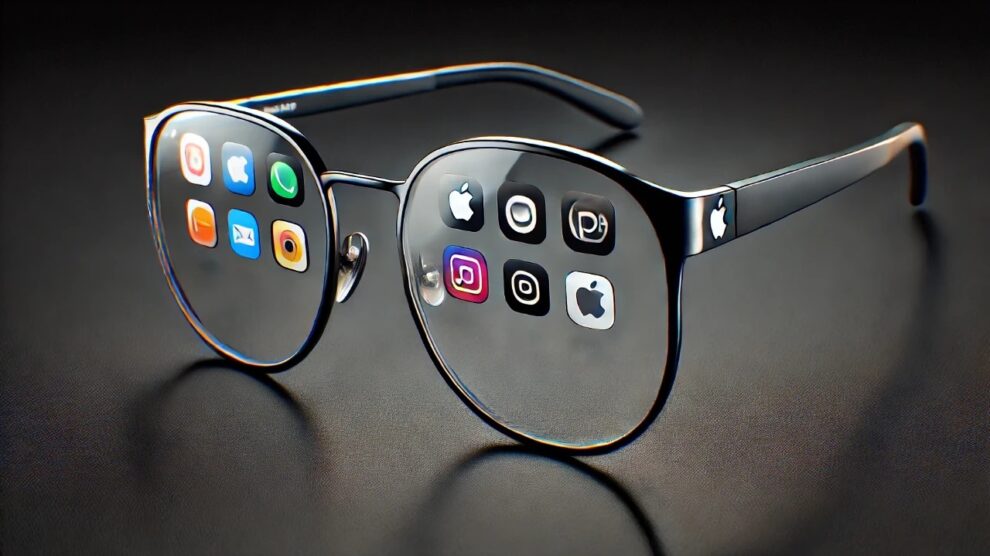Apple’s journey toward creating revolutionary augmented reality glasses has taken an interesting turn, with new reports suggesting a strategic shift in the company’s approach. Rather than pursuing a fully standalone device, Apple is reportedly considering a design that would leverage the iPhone’s computing power to deliver advanced functionality. This development comes amid ongoing challenges in creating lightweight, powerful AR glasses that meet Apple’s exacting standards for user experience and performance.
The revelation comes at a time when the broader AR/VR market is evolving rapidly, with companies like Xreal already offering phone-connected smart glasses. Apple’s potential move in this direction could signal a pragmatic approach to bringing AR technology to market while maintaining the iPhone’s central role in its ecosystem.

Strategic Shift in AR Development
According to Bloomberg’s Mark Gurman, Apple is seriously evaluating a device concept that would:
- Utilize iPhone connectivity for primary computing tasks
- Focus on media consumption capabilities
- Adopt a design philosophy similar to Xreal’s offerings
- Potentially offer a more accessible price point than Vision Pro
Industry Insight
I also continue to hear that Apple is seriously considering a device that offloads the computing components to an iPhone and serves as an accessory for watching movies… The benefit for Apple is that it would reinforce the iPhone as the center of its product ecosystem and offer something that could be a much more popular option than the $3,500 Vision Pro.
Technical Challenges and Limitations
Current Obstacles:
- Achieving iPhone-level performance with minimal power consumption
- Maintaining comfortable weight and form factor
- Balancing computing capabilities with battery life
- Integrating advanced features in a compact design
Tim Cook has acknowledged that the technology needed for Apple’s ideal standalone AR glasses remains elusive, particularly in achieving the desired performance-to-power ratio. Current limitations make it impossible to run a chip delivering iPhone-level performance while consuming just one-tenth of the power.
Timeline and Market Implications
- Original standalone AR glasses targeted for 2027
- Low-cost Vision Pro delayed beyond 2025
- iPhone-connected AR glasses could potentially arrive sooner
- Market positioning as a Vision Pro alternative
Strategic Benefits of iPhone Integration
The iPhone-connected approach offers several advantages:
- Reinforces iPhone’s central role in Apple’s ecosystem
- Potentially lower price point than Vision Pro
- Faster path to market
- Leverages existing iPhone processing power
- Simplified hardware requirements for glasses
Market Impact and Consumer Implications
This strategic shift could have significant implications for:
Consumer Benefits:
- More affordable entry point to AR technology
- Familiar iPhone interface integration
- Potentially lighter, more comfortable design
- Enhanced battery life through offloaded processing
Market Competition:
- Direct competition with existing phone-connected AR solutions
- Potential industry standardization around phone-connected designs
- Impact on standalone AR development timelines










Add Comment